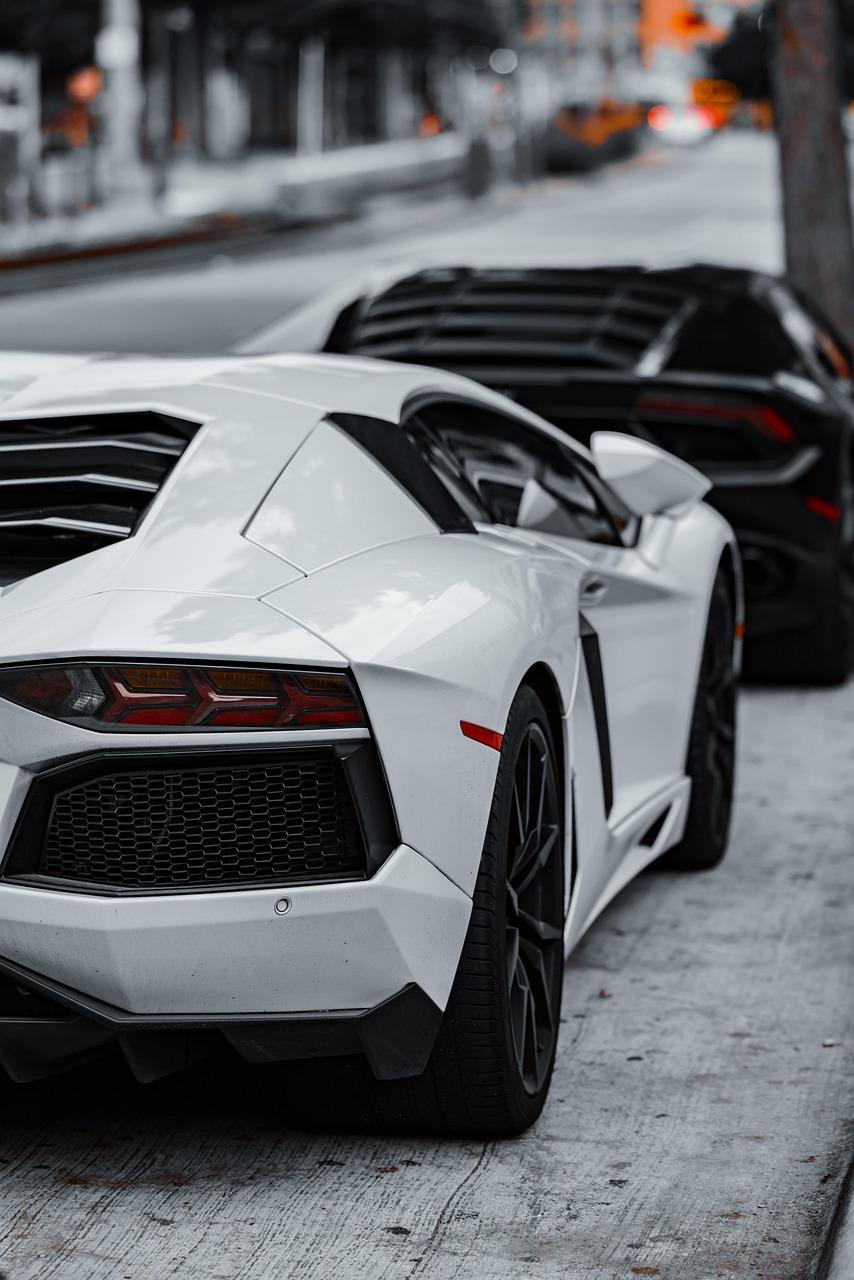
The Trump administration’s 25% tariff on imported vehicles and parts is shaking up the global auto industry. While the move aims to boost U.S. manufacturing, it creates major challenges for automakers that rely on imports. Some brands will bear the full brunt of the tariffs, while others may find ways to minimize the impact.
Let’s analyze how key automakers, including Jaguar Land Rover, BMW, Mercedes, Volkswagen, Audi, Porsche, Ferrari, Stellantis, and Renault, will be affected.
Who’s Hit the Hardest?
1. Fully Imported Luxury Brands: Audi, Porsche, Ferrari, Jaguar Land Rover
These brands rely entirely on imports, making them the most vulnerable.
Audi & Porsche (Volkswagen Group): No local production in the U.S., leading to higher car prices.
Ferrari: A niche luxury brand with high margins, but tariffs could still reduce demand for its high-performance cars.
Jaguar Land Rover: 100% of JLR’s vehicles are imported from the UK and other regions. The company has no U.S. factories, meaning its SUVs and sports cars will become significantly more expensive.
2. BMW & Mercedes-Benz
The U.S. accounts for about 25% of their global sales.Around 50% of their U.S.-sold vehicles are assembled locally, but many parts are still imported.The tariffs could increase production costs and final car prices.
3. Stellantis (Chrysler, Dodge, Jeep, Ram, Fiat, Peugeot, etc.)
The U.S. market contributes 50% of Stellantis’ revenue.60% of its U.S. sales come from locally assembled cars, reducing direct tariff exposure.However, a decline in overall demand due to higher car prices could still hurt sales.
4. Volkswagen Group (VW, Audi, Porsche, etc.)
The U.S. accounts for a mid-teens percentage of Volkswagen’s total sales.Most VW cars sold in the U.S. are built in North America, reducing tariff exposure.However, imported parts and luxury brands like Audi and Porsche will be affected.
5. Jaguar Land Rover – High Risk
JLR has no manufacturing presence in the U.S., making it highly vulnerable.Every Jaguar and Land Rover model sold in America is imported, meaning tariffs will significantly increase their prices.This could lead to a drop in demand, especially for price-sensitive models.
Broader Market Implications
- Higher Car Prices: Imported vehicles and parts will become more expensive, potentially reducing sales.
- U.S. Manufacturing Growth? While tariffs aim to push companies to produce more in the U.S., setting up new factories takes time and major investment.
- Trade Tensions: The European Union and other trade partners may retaliate, leading to further economic uncertainty.
Trump’s 25% auto tariffs could reshape the U.S. car market. Luxury brands with no U.S. production, like Jaguar Land Rover, Audi, Porsche, and Ferrari, will face significant challenges. Automakers with local manufacturing, such as BMW, Mercedes, Volkswagen, and Stellantis, will still feel the impact but may be able to mitigate some costs. The overall effect will depend on how both companies and consumers react to rising car prices.
Disclaimer:
This article is for informational purposes only. The impact of tariffs depends on evolving trade policies, company strategies, and market responses. Readers should conduct their own research before making financial or investment decisions.




